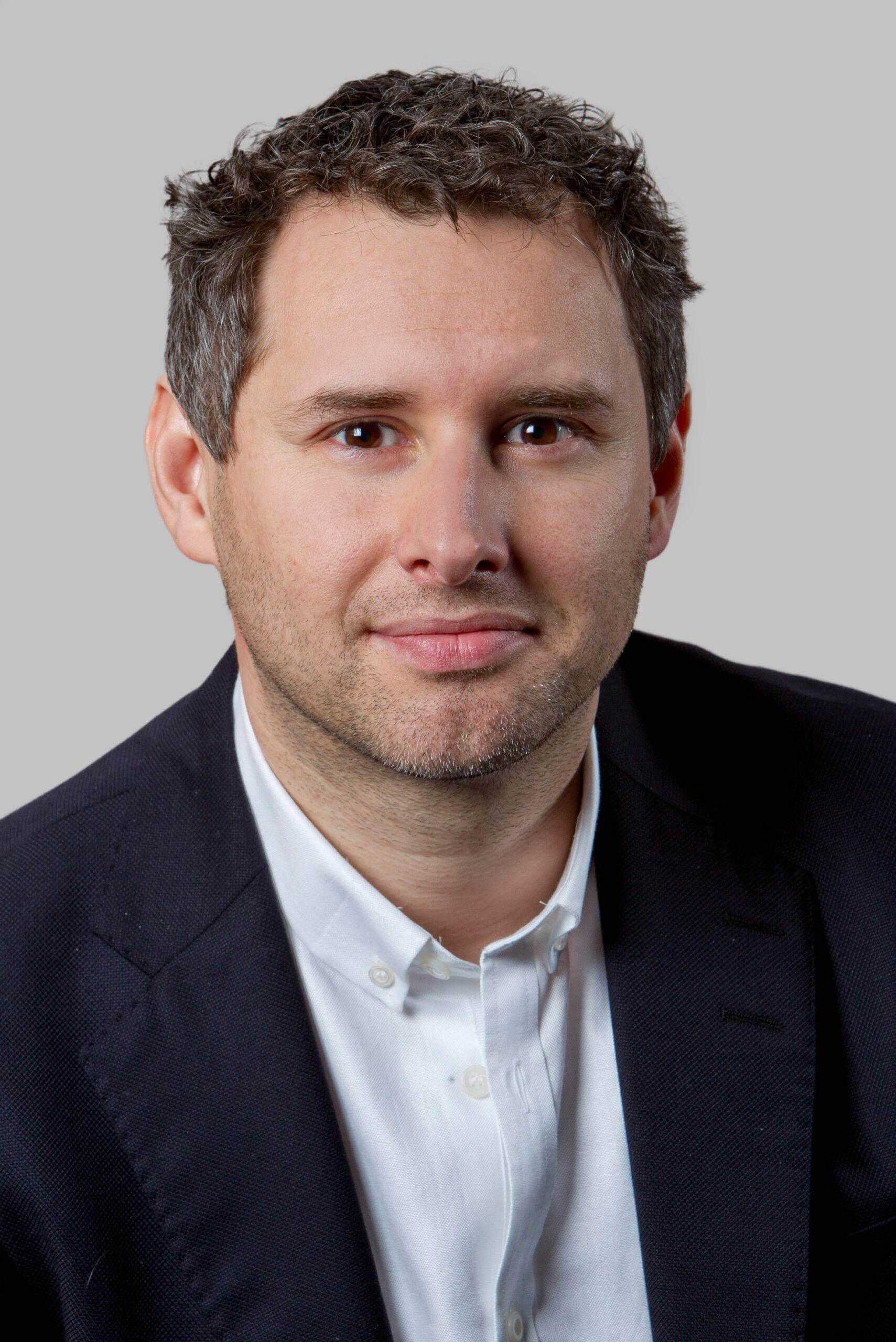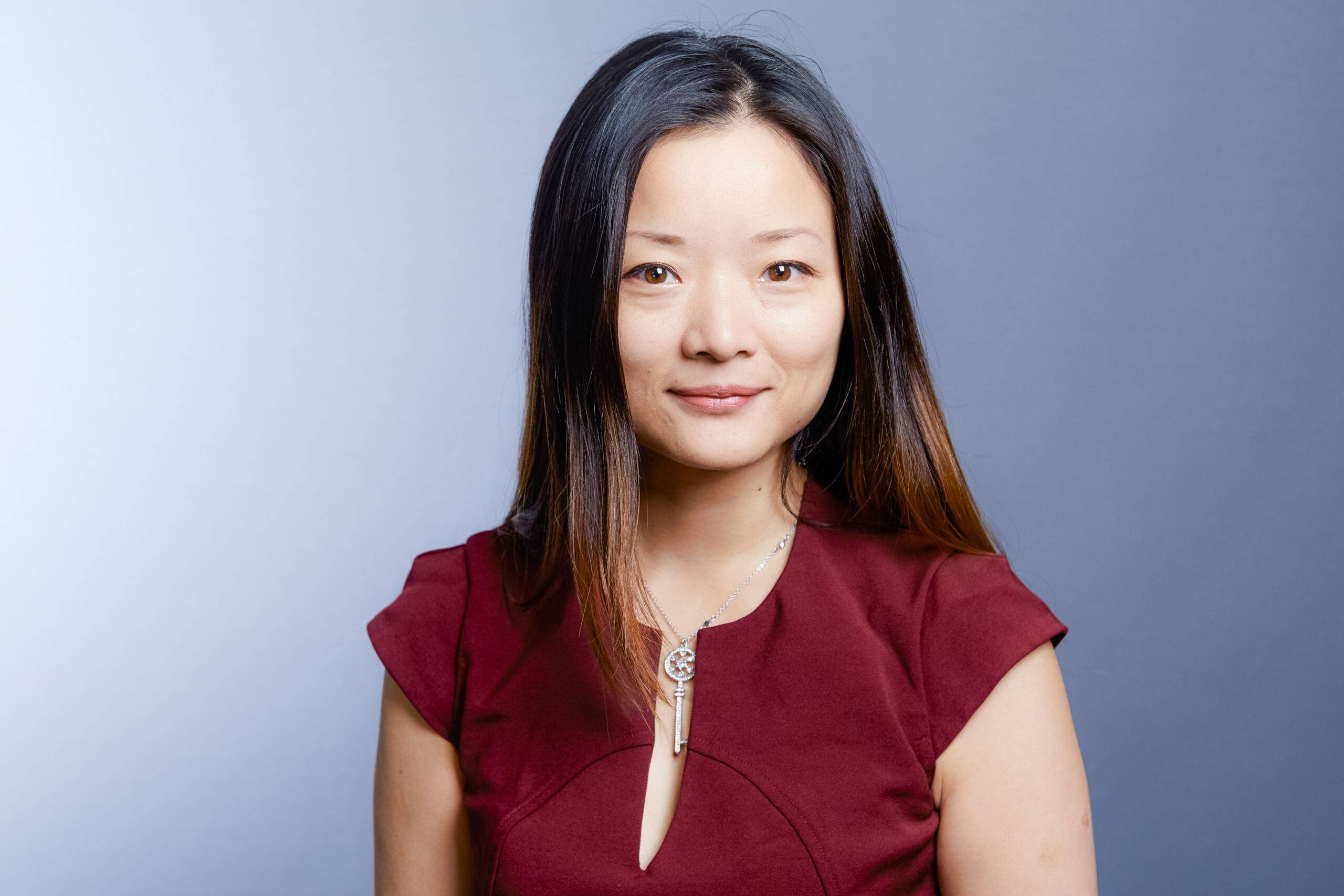Mayssa Al Midani from Pictet – Fund Manager of the Month

10 NOV, 2021
By Constanza Ramos
Mayssa Al Midani joined Pictet AM in September 2018 as investment manager in the Thematic Equities team. She was previously portfolio manager within Pictet Investment Office, focused on special situations across the capital structure and private equity co-investments in the consumer sector. Before joining she was an equity buy-side Analyst at Pictet WM, specialised in global consumer equities. She began her career in 2010 as analyst at Credit Suisse Investment Bank. She holds a Master in Science in Accounting & Finance from the London School of Economics and has been Certified International Investment Analyst from the Swiss Financial Analysts Association.

1. When and how did you start your career in the financial industry? Was a role in the investment funds industry always attractive to you?
I started my finance career in 2010 at Credit Suisse’s investment banking division. It very quickly became clear e that I wanted to pursue a career as a buy-side investor, which was the most intellectually rewarding career path for someone with a passion for financial markets.
2. What is the most exciting thing about working as a Thematic Equities Senior Investment Manager? When did you decide to specialise in Nutrition and why?
The ability to specialise and become an expert in an investment theme driven by secular growth trends. In the case of Nutrition, as consumers, we are all witnessing the urgency to shift our diets and food systems to something more sustainable for both humans and the planetary health. Exploring innovative, cutting-edge solutions to these challenges and investing in disruptive and ingenious companies is fascinating. Nutrition is particularly exciting as it is a theme that uniquely combines both a social aspect –improving our diets to tackle the double burden of malnutrition and an environmental aspect- mitigating the environmental degradation caused by our food systems. I strongly believe that food is the solidest leer to optimise human and planetary health.
3. What key principles drive your investment processes and why?
The investment process is common to all global thematic funds managed by Pictet Asset Management. It is based on a set of megatrends, powerful structural forces of long-term transformation and change, defined by the Copenhagen Institute for Future Studies. The themes of our thematic funds sit at the crossroads of several megatrends, like for instance focus on health, sustainability and demographic development. We look at companies that benefit from secular and sustainable growth trends, to identify what we think will be the possible winners of tomorrow. Thematic investment managers are experts in their area and each fund strategy has an advisory committee which allows us to observe the theme’s evolution.
In terms of universe construction –defining the pool of stocks we can invest in- our approach to the Nutrition theme is based on sustainable food systems. We invest in companies which contribute to shifting our diets and the food supply chain in such a way that will enable feeding ten billion people by 2050, reducing disease/mortality related to poor nutrition, whilst preserving our planet. To construct our universe, we use as inputs scientific research and proposed recommendations from health and environmental non for profit organizations. We do not use any indices to construct the universe or the portfolio and are unconstrained with respect to countries, sectors and investment styles, as long as the company fits our definition of Nutrition.
Once our universe is defined, the portfolio construction is governed by a proprietary investment process that has been time-tested over 25 years, through market cycles. We favour companies with the purest exposure to the Nutrition theme, most favourable fundamentals, attractive valuation and ESG (environmental, social and governance) credentials. When it comes to environmental aspects, we use the Stockholm Resilience Centre's Planetary Boundaries scientific reference framework, which identifies the critical dimensions for a stable biosphere, indispensable for human development and prosperity. Beyond the United Nations Sustainable Development Goal 2 of ending hunger, this strategy has an impact on the other goals by 2030, including promoting sustainable agriculture, achieving food security and improving nutrition.
4. What companies do you like to include in your portfolio? What companies would you never include in your portfolio?
The Nutrition investment universe covers the entire value chain, from farm to fork and opportunities fall into three buckets: agriculture technology, logistics and food. Agri tech includes companies that allow better use of natural resources to extract higher yield with same or fewer inputs, thereby tackling both our food security challenge and feeding a global population with limited natural resources, whilst mitigating negative externalities of agriculture and food production on our planet. Food is the largest consumer of critical resources as water, land and energy and a big contributor to greenhouse gas emissions.
Precision farming technology, for example, is a key solution to producing more food with fewer resources, which is why we are invested in the global leader, John Deere. Logistics, includes companies along the food systems value chain that enable access to nutrition, limit food waste and keep our food safe to prevent foodborne illness. Food waste solutions are key when we know that one third of all food produced is wasted. We are invested, for example, in a global full-system provider of aseptic carton packaging (sealed sterilised containers which allow food and beverages to be stored at room temperature for up to twelve months without preservatives whilst preventing contamination –thereby extending shelf life and reducing food waste-. Food includes “better for you food products” and health supplements and ingredients solutions that help improve nutritional profiles of our foods, as DSM, a leader in specialty nutrition, health and sustainable living, with solutions in human and animal nutrition.
We exclude fertilizer and pesticide manufacturers, red meat, alcoholic beverages, carbonated soft drinks, confectionary, unhealthy fast food restaurants and manufacturers of plastic packaging, We do not invest in private equity companies or agricultural property.
5. If you weren’t working in the Nutrition theme, what other investment themes would be interesting to you? which themes do you believe would be more relevant to investors in the future?
I find all of the themes covered by my colleagues in Pictet AM Thematic Equities team to be fascinating, whether it is environmental, social or technology focused themes. I strongly believe that, given the many urgent challenges facing our society and planet, any theme that encompasses solutions to these challenges is highly relevant for long-term investors.
6. What has been the most extraordinary thing you have seen in markets?
The effect of the Covid-19 pandemic, that is, witnessing equities declining so sharply in March 2020 and doing so in an indiscriminate manner between potential beneficiaries and victims of the sanitary crisis, only to see a stellar performance in pandemic beneficiaries off March lows. This truly provided an attractive buying opportunity for long-term investors.
7. Would you give any advice to anyone wanting to start a career in the asset management industry?
Being an independent thinker while remaining humble at all times is key.


